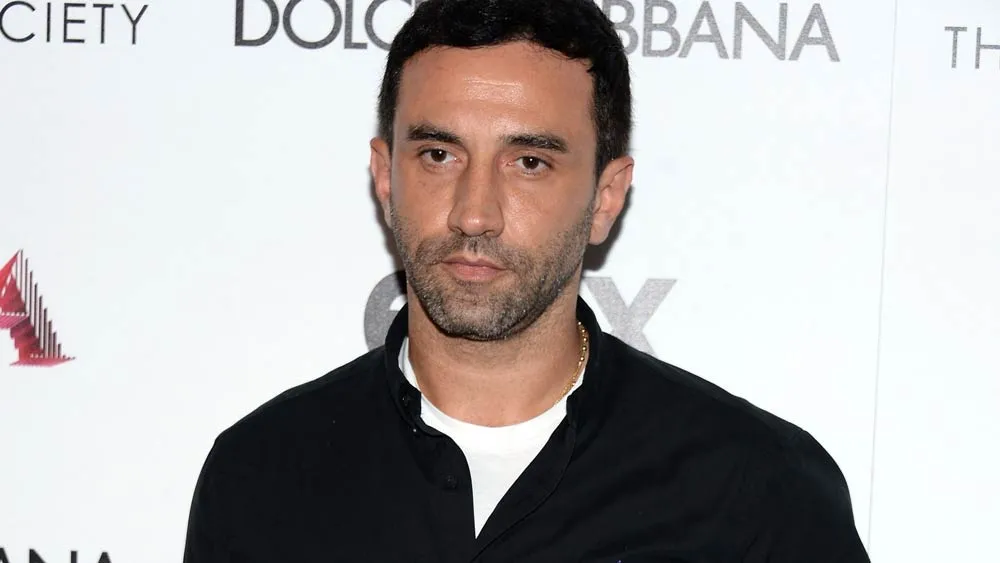August 16, 2007
BPHC defends controversial condom billboard
David Foucher READ TIME: 4 MIN.
The Boston Public Health Commission (BPHC) defended its "Are you using?" public awareness campaign, which featured billboards and MBTA ads promoting condom use to prevent the spread of HIV, against charges by a Dorchester Catholic school that the placement of one of the billboards near the school was inappropriate. The complaints by St. Kevin School prompted coverage of the controversy in the Boston Herald and on Fox 25, and the coverage suggested that the city bowed to pressure from the school to remove the ad before the start of the school year. Yet Richard Stevens, director of BPHC's AIDS Bureau, said the billboard came down because BPHC's contract with the billboard company expired and a new client bought the space. He said BPHC remains committed to raising public awareness about HIV prevention and that spreading that message may be controversial.
"I think on any of these safer sex campaigns we have done, to not have somebody complain would probably be a miracle because in order for that to happen you really wouldn't have much of a message or content. And why do it, then?" said Stevens. "I think for us at the Public Health Commission we are concerned about the community's health. We want to make sure folks are reminded that HIV/AIDS is still an issue, that people continue to become infected, and that there are ways for people not to become infected, to stay negative, and that there are resources available for people who do become infected, and I think we owe it to the community and the public, that reminder."
He said that the campaign included three billboards (the other two were placed in South Boston near the Strand Theater and in Roxbury at the intersection of Massachusetts Avenue and Melnea Cass Boulevard) and placards on MBTA stations and buses. BPHC launched the campaign in early June to coincide with Boston Pride, and the commission paid for a 30-day run on the billboards. The billboard across from St. Kevin School remained up through the beginning of this month because no one else purchased the space until this month, Stevens explained.
The billboards and placards included the AIDS Action hotline number, and Stevens said one of the goals of the campaign was to reach gay and bi men during Pride and connect them with services.
"This is an introductory avenue for folks to access testing and counseling services," said Stevens.
He noted that while critics of the billboard in Dorchester complained that the location was inappropriate, the ad was up for nearly two months before the city received a single complaint. Stevens said there have been no recorded complaints about the other billboards or the MBTA placards.
The complaints from St. Kevin School officials attracted the attention not only of the local media but also of the national evangelical Christian movement. Focus on the Family, the Christian right political powerhouse that has waged campaigns against LGBT rights across the country, ran a story on the billboard on its CitizenLink news website. In an interview with Bay Windows Paula Kelly, principal of St. Kevin, reiterated that the school disapproved of the placement of the billboard.
"I think it was inappropriate in the neighborhood and also across the street from a school with young children," said Kelly. She declined to discuss in more detail the school's objections to the billboard, saying that other school officials filed the complaints when she was out of town.
According to the Herald school officials opposed the billboard not only because of concerns that their students were too young for the message but also for religious reasons.
"We're instilling good Catholic values even though all our students are not Catholic," vice principal Kim Mahoney told the Herald. "I don't feel that at this age it's appropriate to be throwing that out at them to see everyday - especially when they're sitting in religion class."
Stevens said BPHC takes into account the sensibilities of the communities when they choose sites for public awareness campaigns, but he said in some cases the need for the public health messages trumps concerns about offending residents. He said over the past several years Boston has averaged about 260 newly reported HIV and AIDS cases each year, and that number is holding steady; just over half of those cases involve gay and bi men.
"The vetting of the neighborhoods and trying to assure that as we are doing the messages we are not offending, that has a priority," said Stevens. "Again, I'm not sure when you're doing safer sex messages how successful you can be getting 100 percent approval."
Sophie Godley, AIDS Action's deputy director of programs, agreed that effective HIV prevention messages are likely to draw criticism. While BPHC listed the hotline number for AIDS Action, which receives state funding to run the statewide hotline, AIDS Action was not directly involved in the "Are you using?" campaign.
"I think it's really unfortunate that this upset people, and sometimes that's something that can't be avoided, unfortunately. That's part of the nature of doing the very difficult work around HIV and AIDS, you have to talk explicitly about sexuality and sexual health," said Godley.
AIDS Action has had its own share of controversial safer sex campaigns. In 1987 lawmakers threatened to cut AIDS Action's funding over opposition to the organization's sexually explicit pamphlets; AIDS Action defended the need to talk about sex in their prevention messages and explained that no state funding went towards the explicit pamphlets, and the Legislature relented. In 1994 AIDS Action took the MBTA to court to defend its right to run prevention ads featuring condoms on MBTA vehicles and stations, and a federal judge issued a ruling in AIDS Action's favor.
Godley said the most controversial campaigns are often the ones that, like the BPHC campaign, are targeted to a specific audience but placed in a mainstream setting. In those campaigns she said the hope is that any negative reaction from the public is outweighed by the benefits of reaching people with crucial public health messages.
"Those are the campaigns where the general public is being exposed to a message that's being aimed to a specific segment of the general public, but in order to reach the people we're trying to reach we have to paint a wider swath than we would hope to," said Godley.
David Foucher is the CEO of the EDGE Media Network and Pride Labs LLC, is a member of the National Lesbian & Gay Journalist Association, and is accredited with the Online Society of Film Critics. David lives with his daughter in Dedham MA.







